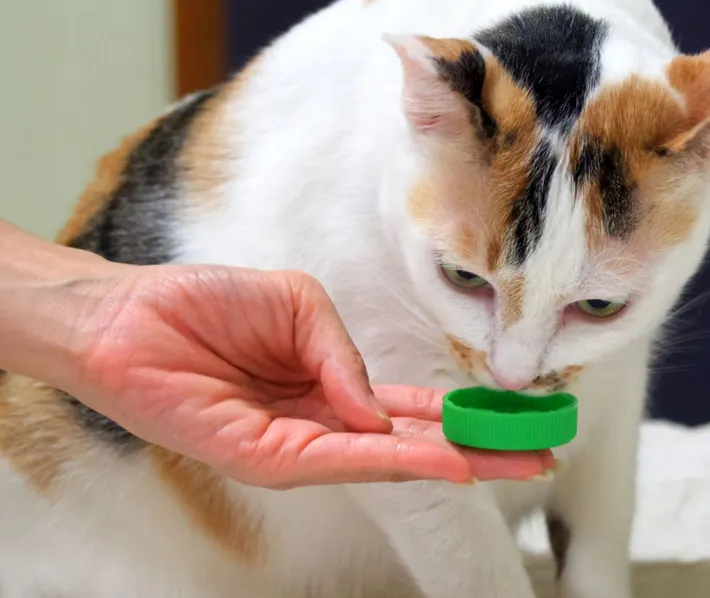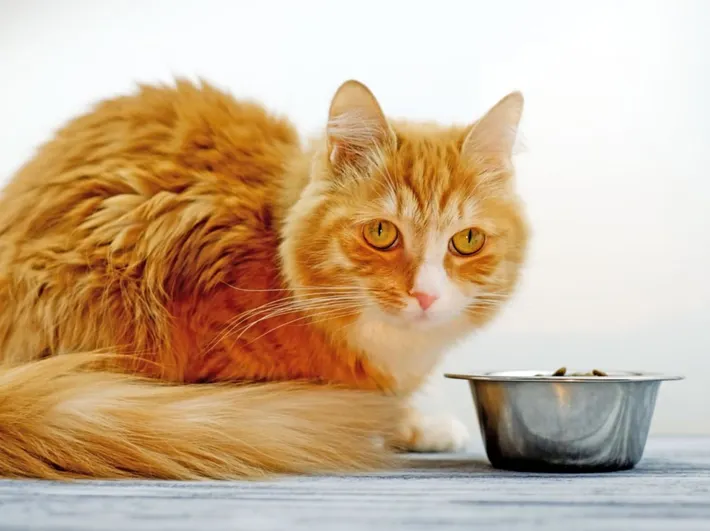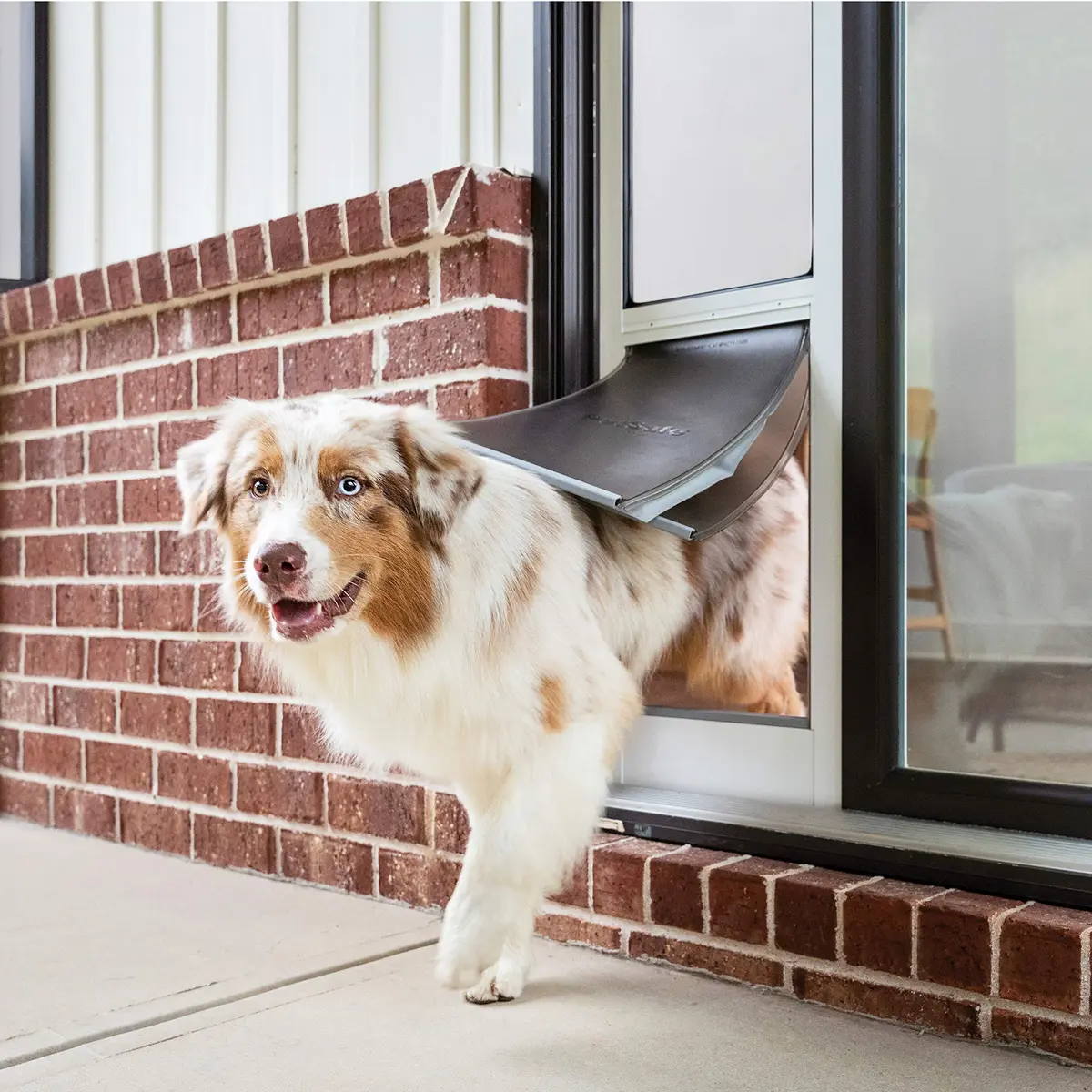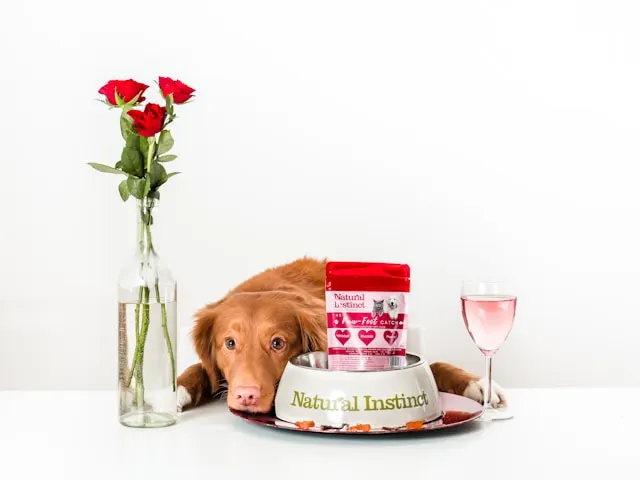If your cat’s mood swings make you question their allegiance to either Team Diva or Team Cuddle Monster, it might not just be their quirky personality. Their gut health plays a big role in their overall well-being, including digestion, immunity, and mood! Want to help your cat thrive naturally? Enter probiotics—those little gut-friendly bacteria that work wonders on digestion. But why buy expensive supplements when you can whip up some homemade probiotics for cats right in your kitchen?
In this article, we’ll explore simple, cost-effective, and healthy probiotic solutions you can easily incorporate into your cat’s meals.
Why Are Probiotics Important for Cats?
Probiotics are live microorganisms that, when consumed in the right amounts, offer numerous health benefits. For cats, they can:
- Aid in digestion: Probiotics help break down food and improve nutrient absorption.
- Strengthen the immune system: A healthy gut helps fend off harmful bacteria and infections.
- Reduce inflammation: Probiotics can alleviate conditions like irritable bowel syndrome (IBS).
- Improve skin and coat health: A balanced gut often results in a shinier, healthier coat.
Cats are known for their sensitivity, so introducing probiotics can keep their digestive system running smoothly—no more late-night litter box surprises!
Homemade Probiotic Recipes for Cats

1. Plain Yogurt Probiotic Treats
Yogurt is packed with live cultures that act as natural probiotics. Cats can enjoy small amounts of plain, unsweetened yogurt as an occasional treat.
- Ingredients:
- 1 tablespoon plain yogurt (unsweetened, full-fat)
- 1/4 teaspoon powdered taurine (optional, for extra cat nutrition)
- Instructions:
- Simply mix the yogurt with a bit of powdered taurine for an added boost. Serve a small teaspoon-sized portion with your cat’s regular meal. Make sure your cat isn’t lactose intolerant before introducing yogurt.
2. Fermented Fish Recipe
Cats love fish, so why not combine their favorite snack with a probiotic boost?
- Ingredients:
- 1 small fish fillet (sardine or mackerel works great)
- 2 tablespoons whey (from strained yogurt)
- 1 teaspoon sea salt (optional)
- Instructions:
- Place the fish in a jar with whey and optional sea salt. Seal and let it ferment at room temperature for 24-48 hours. After fermentation, remove the fish, chop it into small pieces, and serve a spoonful with their meal. Store leftovers in the fridge.
3. Pumpkin & Probiotic Mix
Pumpkin is not only great for digestion but also a tasty way to introduce probiotics to your cat’s diet.
- Ingredients:
- 2 tablespoons canned pumpkin (plain, not spiced)
- 1/2 teaspoon plain kefir or probiotic supplement
- Instructions:
- Mix the pumpkin with kefir or a pet-friendly probiotic powder. Add it to your cat’s meal once or twice a week for a tasty gut boost.
How to Introduce Probiotics to Your Cat’s Diet

- Start small: Cats are creatures of habit. Start with small amounts of probiotics to avoid stomach upset.
- Observe closely: Keep an eye on your cat’s litter box habits, energy levels, and mood to ensure the probiotics are working well for them.
- Consistency: Probiotics need to be given regularly to work their magic. Make them a routine part of your cat’s diet.
Natural Probiotic Foods Cats Can Eat
Here are some other natural probiotic sources that you can consider:
- Goat’s Milk: Raw goat’s milk is a great source of natural probiotics. It’s easier to digest than cow’s milk and cats often love the taste.
- Bone Broth: While not strictly a probiotic, bone broth can support gut health and boost hydration. Look for store-bought varieties that contain added probiotics or make your own at home!
- Fermented Vegetables: Some fermented veggies like sauerkraut (in very small quantities) can introduce beneficial bacteria, but most cats aren’t veggie fans—so this one’s a bit trickier.
Benefits of Homemade Probiotics for Cats
Giving your cat homemade probiotics is:
- Cost-effective: Store-bought supplements can be pricey, whereas many homemade options are ingredients you already have at home.
- Natural: You control what goes into your cat’s food, ensuring they’re getting pure, natural sources of probiotics without additives or preservatives.
- Personalized: You can tailor the probiotic intake based on your cat’s preferences and needs—because every feline has their quirks!
When to Consult a Vet
While probiotics are generally safe and beneficial, always consult your vet before introducing anything new to your cat’s diet—especially if they have existing health conditions or sensitivities. Your vet can recommend the right dosage and type of probiotics based on your cat’s unique needs.
For more tips on eco-friendly pet care and holistic health solutions, sign up for our newsletter and get exclusive content straight to your inbox. Your cat (and the planet) will thank you!



